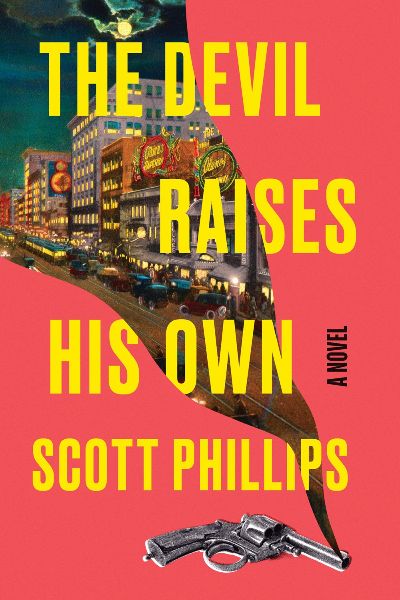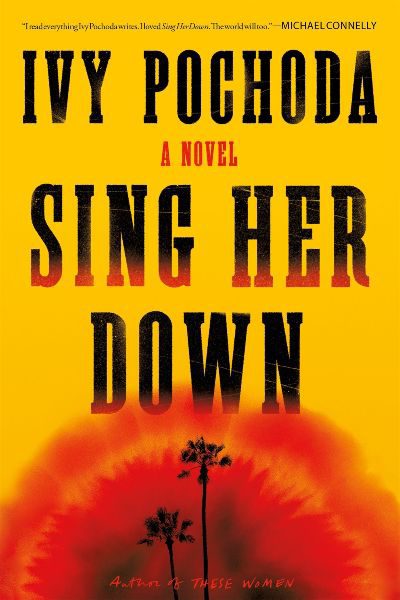From the sexually explicit frescos of ancient Pompeii to today’s risqué sites, pornographers have always embraced the latest technology to create and distribute their erotic materials. In 1916 Los Angeles, the new tool was the motion-picture camera. Phillips’s noir novel offers a bawdy, violent, funny, and affectionate fictional take on how the “blue movie” industry developed in the shadow of a budding Hollywood. Years after the events of Cottonwood and Hop Alley, photographer Bill Ogden, now in his 70s, has opened a portrait studio in the City of Angels. He is assisted by his granddaughter Flavia, who came to California for a fresh start after fatally bludgeoning (in self-defense) her abusive husband, and naive 20-year-old Henry Seghers, who fled the coal mines of West Virginia. Bill’s business is legit but he occasionally takes stereoscopic stills of naughty sapphic/homosexual productions overseen by George Buntnagel, a gay director moonlighting from Provident Studios, and his lesbian wife, Irene. Revolving around these well-drawn central characters is a colorful supporting cast: aspiring actress Purity Dove-turned-film star Magnolia Sweetspire; homicidal ex-con Ezra seeking his missing family; Ezra’s wife, Trudy, who supports her two children by working in stag films; comedian Tommy Gill, who is not as funny as he thinks he is; and ex-postal inspector Melvin van de Kamp, who is desperate to break into the adult-movie business. Phillips’s narrative gradually connects these diverse personalities in a series of fast-paced alternating scenes until they collide in a violent Day of the Locust climax. With its high body count (at least eight murders are committed) and ribald language, this scandalously juicy tale of early Hollywood will appeal more to Fatty Arbuckle devotees than demure Mary Pickford fans.
Westerns
“Kill someone and she becomes part of you…Take her life and where do you put it?” Trying to rid yourself of your victim’s voice is “A rubber band you can never snap.” The women doing time in an Arizona prison in Pochoda’s latest, including our downtrodden hero, Florida, are firmly stuck, mentally and physically. Until COVID hits and some are released to allow for social distancing. Florida was due for release soon anyway, and the early liberty doesn’t seem much like a gift when she’s stuck in Arizona with no way to get home to Los Angeles. Life’s been cruel to Florida (real name: Florence, but prison nicknames stick), and the first setback—the Department of Corrections forgetting to feed her when she’s enduring quarantine in a dead-end motel—sets her on the road, fleeing parole restrictions. On the bus to freedom, she runs into her nemesis Dios, another former inmate, and the Orange is the New Black comparisons start to stack up, with former rich-kid Florida taking Piper’s role and Dios Red’s. But this transporting tale is much more a coming-of-age saga than an OITNB spinoff. With Officer Lobos—Florida’s doppelganger in haplessness and hard luck—on her tail, can Florida outgrow her prison persona and find freedom?


